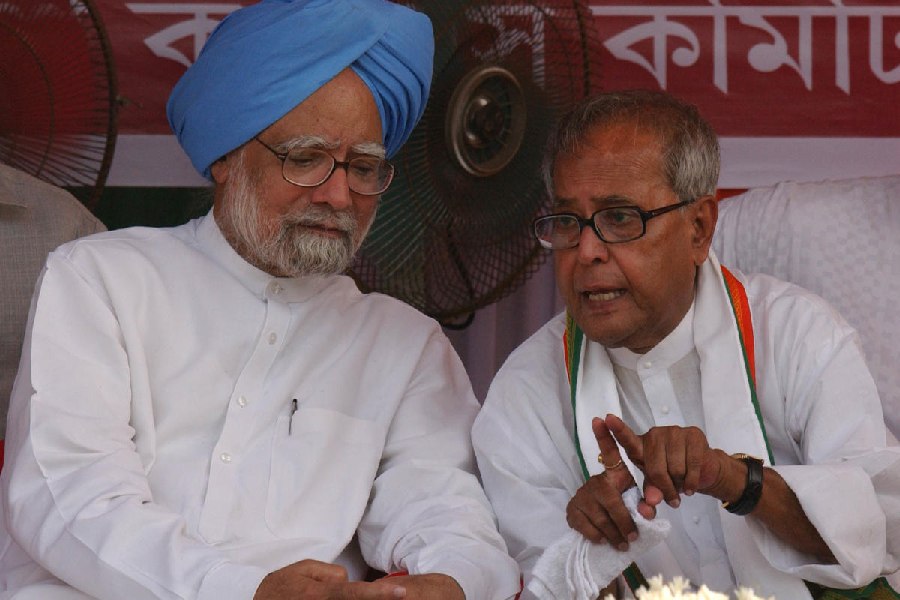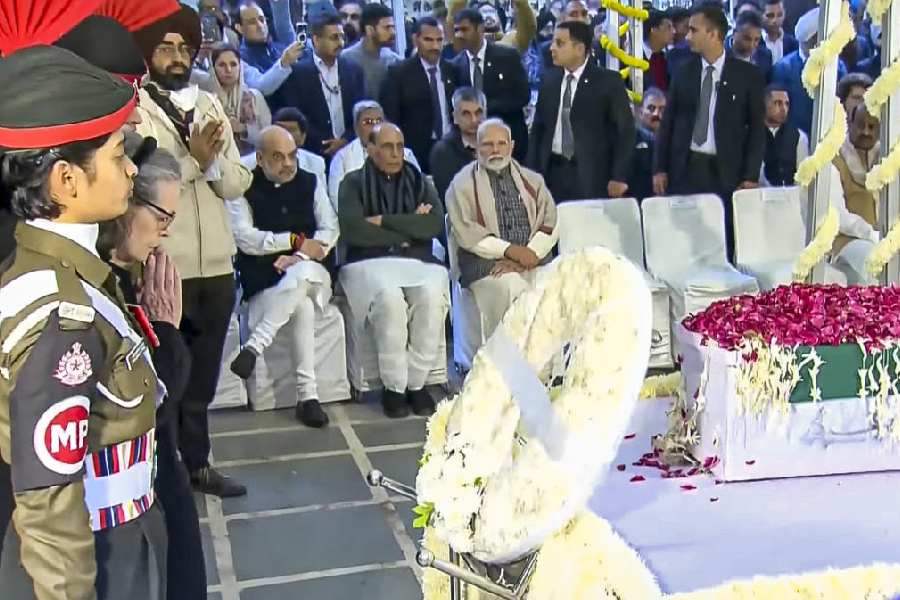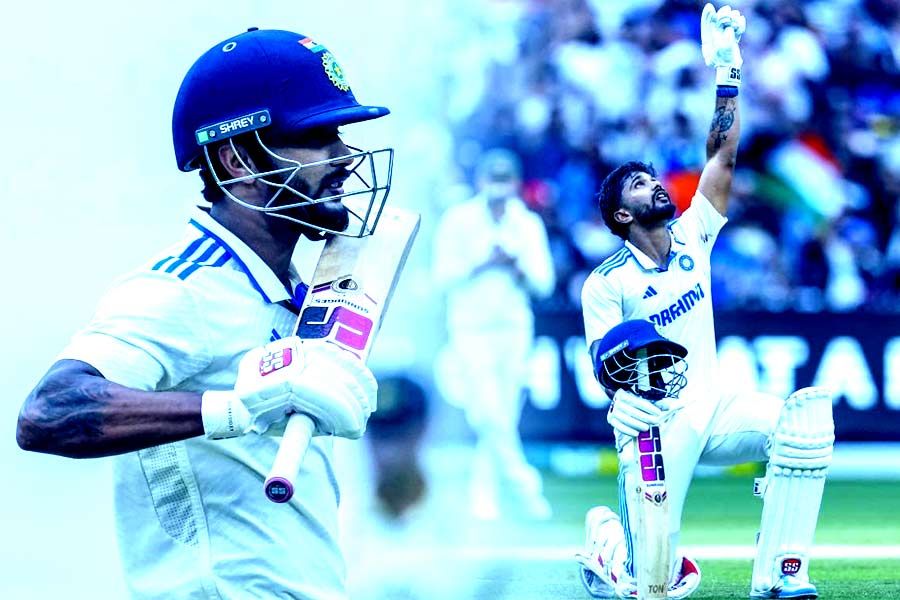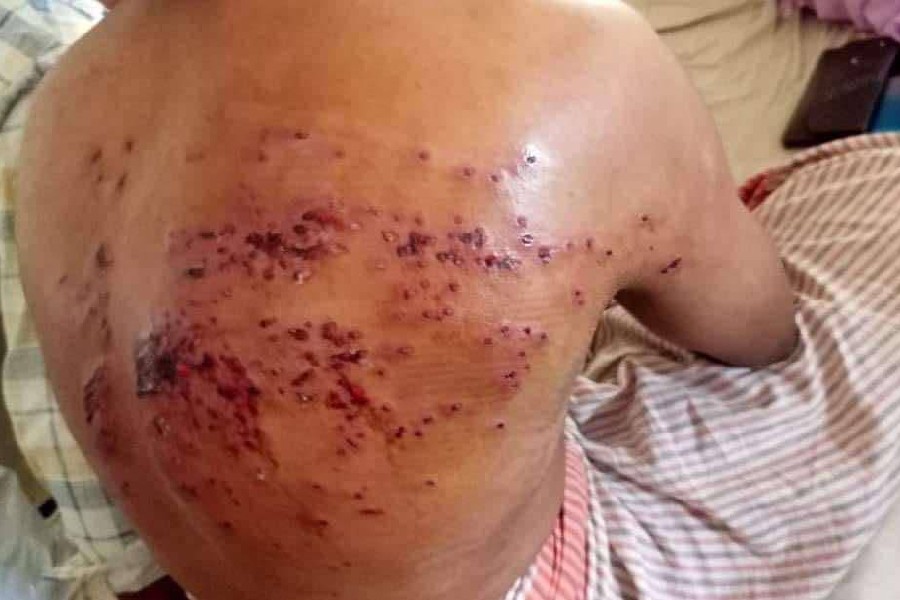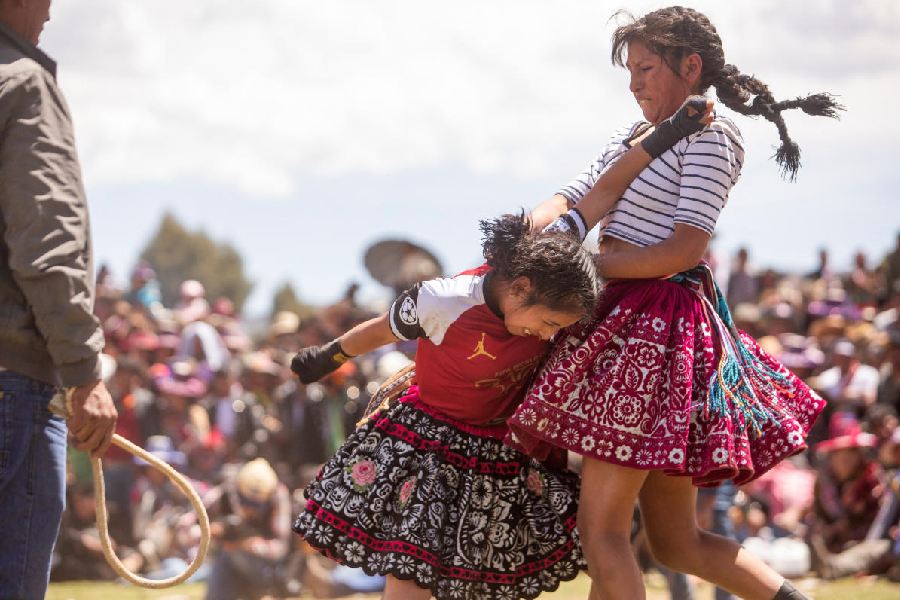Manmohan Singh never opened up to anyone about his problems as he had mastered the art of suffering in silence. That is why we hardly knew how bad his health was until he left us suddenly — without any photo ops in the hospital or any media blitz.
I had first seen him in 1991 when he was the finance minister in Narasimha Rao’s cabinet and I was a director in the commerce ministry. I had been entrusted by my minister, P. Chidambaram, to deliver a sealed note to him by hand. As he asked me to sit down, I noticed how fair he was — which does not come out in his photos. And, I also noticed the utter simplicity of the man who just saved India from the brink of an economic disaster. We were all part of the team that broke down this Berlin Wall and wondered how a Congress minister had the guts to shatter the Nehru-Indira socialist control over the economy that had led to the permit control raj. Yet, he had to hear so many unkind things about being a lackey of the Gandhi family.
In May 2009, when I was culture secretary, we were astonished to find that the UPA-II had decided that the Prime Minister himself would hold the culture minister’s portfolio. I, therefore, had to work directly under him for the next 18 months and started knowing him well. Sometimes he would come back to his Race Course Road office rather exasperated after difficult cabinet meetings; sometimes he was smarting from the insult from the Left or someone else who mattered. He would look a little sad or lost for a while, never saying a word as he looked out of the tall French windows. But he would take a glass of water and start work as if nothing had happened. Totally unflappable.
There are lots of anecdotes that come to my mind. I was shown a written complaint from someone very high up about the culture ministry’s enthusiastic assistance to theatre groups, saying that theatre groups are anti-government. I told him Yes. Self-respecting theatre usually opposes the establishment. Then he asked me why we should go ahead nevertheless. My reply was: “Sir, we always need a second opinion”. He fully agreed. Dr Manmohan Singh had always favoured academic autonomy and cultural freedom more than bureaucratic or police control.
I remember his human side so well. Every time I left his room, he would get up, which was so embarrassing. I told him so many times, and only after he had become a little more open with me, he told me “Jawahar — my doctors told me to get some blood circulation every half an hour. That’s why I get up”. We both laughed. On another occasion, after a meeting, I remember how he had gone after me to the door to hand over a pen I had left behind on his desk.
His relationship with Pranab Mukherjee was one of mutual respect. During the celebration of Rabindranath Tagore’s 150th birth anniversary, I was constantly shuttling between him, as he was chairman of the national committee, and Pranab babu, who was the working chairman. Both would instruct me to keep the other informed and they worked with complete trust and respect. The same was true during Swami Vivekananda’s 150th-year celebrations. The Congress found these to be excellent opportunities to reach the hearts of Bengalis and pulled out all the stops. These two were really grand yearlong celebrations in recent memory and happened because the two worked in tandem, whatever might be their political differences. Even in cabinet meetings that I have attended, I found Pranab babu defending the Prime Minister when he was cornered by Lalu Prasad, Sharad Pawar and other coalition partners.
He was against control and felt very uncomfortable when the party decided to pass an amendment to introduce strict permits and controls in the areas around notified archaeological monuments. This meant that people residing close to Delhi’s countless monuments would have to seek permission to even repair their houses. I gave him a note and he took it to his party high command but our stand was overruled. He did not give up and worked quietly to stop this new amendment to the law on monuments. It was only when we received a strict no-no that he taught how not to sulk but abide by discipline. We went on to pilot something we did not agree with to maintain unity and order within the government. Incidentally, Dr Singh was proved to be right and this law is vexatious and a source of corruption.
I remember Dr Singh’s warmth even when I moved to Prasar Bharati. He would call me for a cup of tea occasionally and provoke me to elicit my blunt opinion on so many subjects. It is in Prasar Bharati that I learnt that the Prime Minister read his Hindi speeches in the Urdu script because he was more familiar with it.
After I left Prasar Bharati, I tried to meet the much-attacked ex-Prime Minister. He gave me an immediate appointment at his house where I was served homemade food.
When he saw me as a Rajya Sabha member in 2021, he greeted me most warmly. By then, his health was getting bad. In my last conversation with him, he appeared a bit sad that some people and the media were being so cruel to him. But he knew and I agreed that history will be kinder to him. We only hope so.

